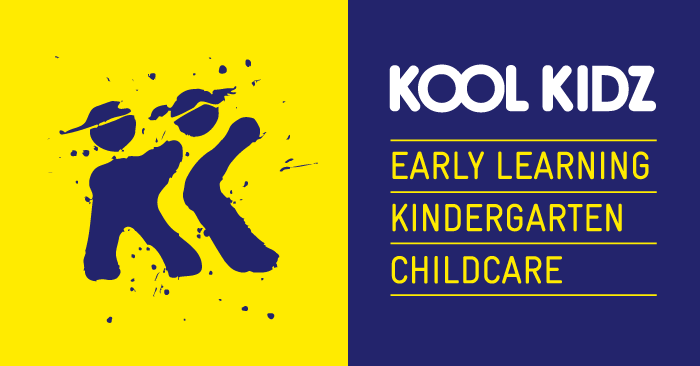In our rapidly evolving, ever unpredictable world, how do we ensure our early learning settings provide children with the education they need to thrive?
What is education?
Education is the deliberate attempt to cultivate certain kinds of people. It is society’s investment in developing in its children the knowledge and skills, and also the values and attitudes, that the ‘elders’ think is in the best interests of their society as a whole, and the well-being of its future citizens. Imagining, as best they can, the perils, challenges and opportunities of the future – the world in which the pupils of today will, as adults, have to flourish and prosper – the elders try to anticipate the on-board resources which all their youngsters will need; to identify those which cannot be presumed to develop just in the unsupervised process of growing up; and to design experiences that will deliberately cultivate those personal resources. (Claxton)
So… what ‘kinds’ of people do you think our future needs?
According to Dell Technologies for the Future, “an estimated 85 percent of jobs in 2030 haven’t been invented yet”. So, how do we raise children and teach to the unknown? It helps to start with a robust definition of learning
What is learning?
Learning is the process of gaining knowledge, skills and dispositions. (Early Years Learning Framework)
Knowledge: Condition of being aware of something (facts or concepts)
Skills: Abilities based on performance measured in time and precision, for example: developmental milestones such as the ability to walk, talk, manage emotions, hold a pencil…
Dispositions: habits of mind that affect how children approach learning. These include persistence, critical thinking, working collaboratively, motivation, flexibility, problem solving and questioning, resilience, curiosity, confidence, kindness and cooperation.
Typically, most educational programs have focused on the development of knowledge and skills as those are the ones that are most observable and easiest to measure. Dispositions on the other hand, are addressed the least by traditional educational programs because they are arguably the most difficult for people to develop and are the hardest to measure for results. How do you measure confidence?
As children enter our early learning services, teaching teams will engage with you as parents to establish your aspirations for your child. We find that often parents’ focus is on their child ‘being school ready,’. As teachers we really try to broaden this view to think ‘what do we want children to be like as life-long learners?’ as this is the purpose of early learning, to set children up for life-long success, not just the next two to three years.
According to research from Harvard centre for the developing child, “90% of the brain develops before age five”
If a child learns to count 1-20 by the time they are five, great, but if a child learns the strategies to persevere before the age of five, they can persevere with counting 1-100 in early school life and continue to persevere through any mathematical challenge (and all other learning areas) at any stage of life. Early childhood education lays the foundations of education for life.
How do we foster this kind of learning at Kool Kidz?
- Focusing on Transferable Skills: Instead of solely focusing on specific knowledge, we emphasise the development of transferable skills such as critical thinking, problem-solving, collaboration, adaptability, and creativity. These skills are valuable across all learning areas (literacy, numeracy, science and arts) as well as various industries and professions and can prepare learners to navigate future learning and job requirements.
- Fostering a Growth Mindset: Encouraging a growth mindset among learners, emphasising the importance of continuous learning, resilience, and embracing new challenges. Help learners develop a mindset that is open to change, eager to learn, and adaptable to new situations and technologies.
- Role Modelling: Our teaching teams display curiosity and creativity and value the same dispositions in children. Acknowledging and appreciating children’s efforts rather than outcomes. They provide specific feedback, such as “I can see you were really concentrating as you counted those blocks,” instead of making general statements, such as “Good job.”
- Emphasising Core Competencies: Teaching core competencies like emotional literacy, eco-literacy, digital literacy, information management, communication skills, and cultural awareness. These competencies provide a solid foundation for learners to navigate the digital age and adapt to new technologies and environments
- Promoting Self-Directed Learning: Encouraging learners to take ownership of their learning and develop self-directed learning skills. Teach them how to research, critically evaluate information, and engage in lifelong learning. These skills will enable them to acquire new knowledge and adapt to emerging technologies and challenges independently.
- Fostering Creativity and Innovation: Creating an environment that fosters creativity, innovation, and problem-solving. Encouraging learners to think critically, explore alternative solutions, and engage in hands-on, project-based learning. This approach nurtures the skills needed to tackle novel challenges and adapt to new opportunities.
- Staying Updated and Collaborating: Establishing partnerships with community to bring real-world experiences into the classroom.
The key to raising children for the unknown is to equip them with the ability to adapt, learn, and thrive in an ever-changing environment. By placing equal value on dispositions as we do knowledge and skill and focusing on developing transferable skills, fostering a growth mindset, and promoting self-directed learning, we can prepare children not just for the next step in their education, but for a lifetime of success, happiness and fulfilment.
